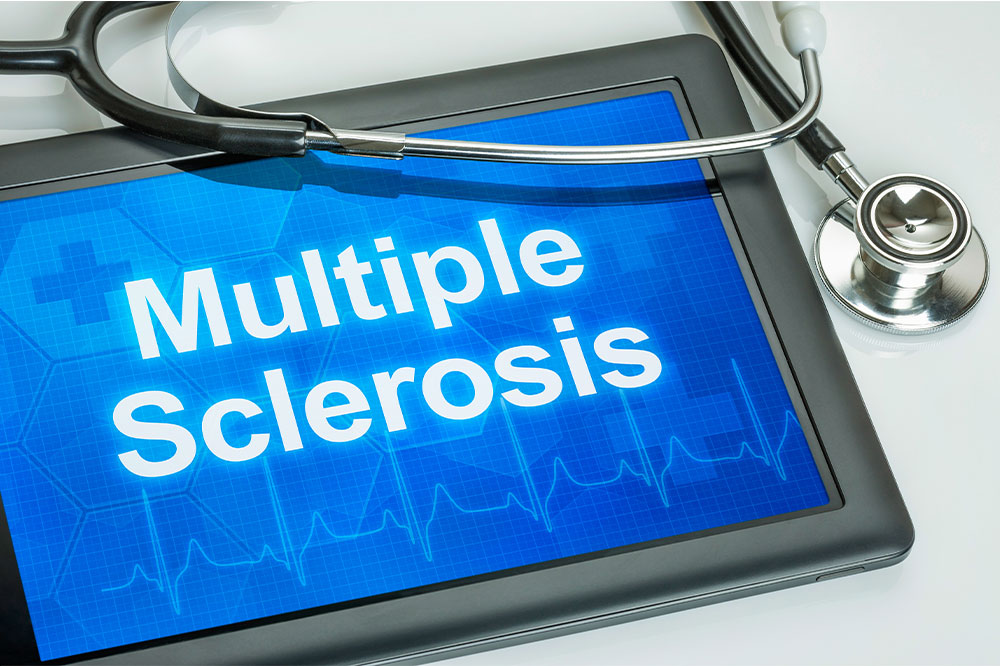
10 Common Symptoms of Multiple Sclerosis
Multiple sclerosis is a severely debilitating disorder that affects the central nervous system (CNS). The brain, spinal cord, and optic nerves make the central nervous system. An autoimmune disease occurs when the body’s immune system attacks healthy tissue just as it might attack a bacteria or virus. As multiple sclerosis affects various nerves, it has a wide range of symptoms throughout the body. The common symptoms of the condition are as follow.
10 Common Symptoms of Multiple Sclerosis (MS)
1. Muscle weakness
MS affects the nerves, which are the connection between brains and muscles. The human brain controls the actions of the muscles by sending signals through the nerves, thereby directing their movement. MS prevents nerve signals from traveling correctly from the brain to various parts of your body. The impaired control and directions can lead to muscle stiffness or weakness.
2. Vision problems
Vision problems like blurriness and pain in one eye are often the first signs of multiple sclerosis. MS causes the inflammation of the optic nerve, also known as called optic neuritis. Loss of color vision is also common. An optometrist may be one of the firsts doctors to see signs of multiple sclerosis taking over your CNS.
3. Tingling
A pins-and-needles type of feeling occurs mainly in the face, legs, arms, or on one side of the body. This feeling will occur and suddenly stop. Sometimes it may be barely noticeable, whereas other times, it may cause great discomfort.
4. Numbness
Numbness of the arms, legs, or a few other parts of the body is one of the first symptoms of MS. The numbness varies from mild to severe, which impairs the ability to hold objects and walk.
5. Lhermitte’s sign
Lhermitte’s sign is a sudden, uncomfortable sensation that travels from your neck to your spine when you flex your neck. The problem often associated with MS is also called Lhermitte’s phenomenon or the barber chair phenomenon.
6. Bladder problems
Among the various symptoms associated with MS, bladder dysfunctions like an overactive bladder is among the most common, with around 80 percent or more patients experiencing this at one point or other during the course of the disease.
7. Muscle spasms
MS can cause spasms and, sometimes, extreme spasticity like tightness around the joints, painful spasms in the arms and legs, lower back pain and sudden stiffness preventing movement.
8. Fatigue
About 80 percent of the individuals with MS feel very tired. The tiredness is not just a fleeting single-day feeling. The fatigue will recur every other day. You may not even have the energy to do simple tasks like cooking dinner, bathing, or folding your clothes.
9. Tremors
Many people with MS develop tremors or shaking in the affected parts of their bodies. This symptom can be extremely taxing mentally and occurs in about 40 to 60 percent of MS patients.
10. Slurred speech
You may have slurred speech, long pauses between words or syllables, and a nasal speech. Slurred speech is a symptom that is noticeable to those around you. If you have a problem with others following what you are saying, check out the reason for this to be able to rule out MS.


